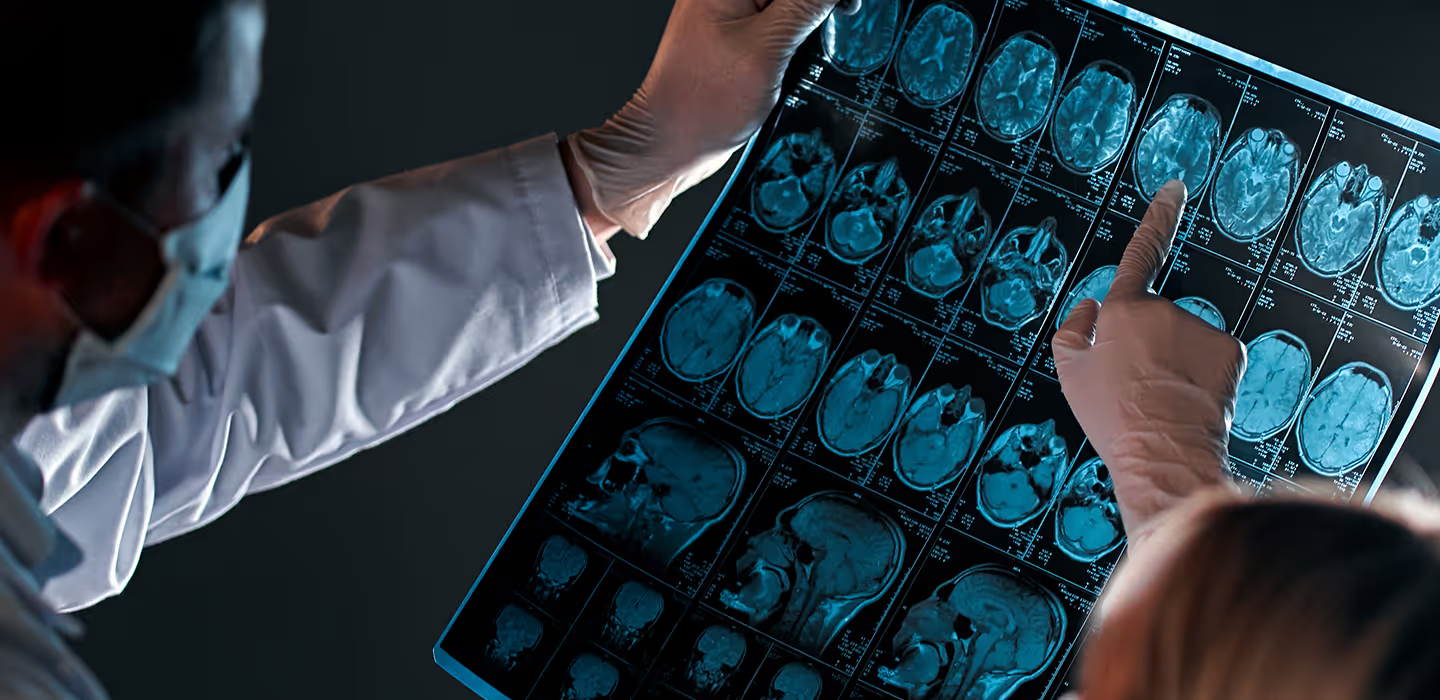Publications scientifiques

UBE3A promotes foam cell formation and counters remyelination by targeting ABCA1 for proteasomal degradation
The accumulation of foamy macrophages is a pathological hallmark of demyelinating brain disorders. Perturbed metabolism and efflux of intracellular lipids underlie the development of a harmful foamy macrophage phenotype in these disorders, yet, the molecular mechanisms underlying this dysregulation are poorly understood. Here, we show that the ubiquitin-proteasome system controls the turnover of the cholesterol efflux transporter ATP-binding cassette A1 (ABCA1) in lipid-loaded macrophages in the brain. We report that accumulation of myelin-derived lipids promotes the abundance and activity of ubiquitin-protein E3 ligase A (UBE3A) in macrophages, which stimulates ABCA1 ubiquitination and subsequent degradation. This boosts cellular lipid accumulation and induces an inflammatory macrophage phenotype that impairs remyelination. We further establish Tat-interacting protein 30 (TIP30), an inhibitor of importin β-mediated nuclear import, as an essential regulator of cytosolic UBE3A levels. Together, our findings identify UBE3A as a driver of foam cell formation and indicate that targeting UBE3A-mediated ABCA1 degradation is a promising strategy to enhance central nervous system repair.
Rester informé·e
Recevez directement dans votre boîte toutes les informations liées à la recherche et à l'actualité de la Fondation Charcot.
